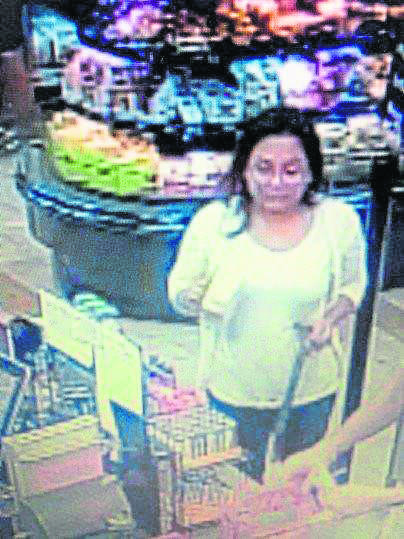Someone is always watching.
That might sound a little crazy, but you’re only paranoid if it’s not true. These days, everything is being monitored all the time.
It’s not that someone can swoop in and stop you from doing something illegal or saying something inciteful. It’s that if something does happen, a network of electronic eyes can find out what happened when.
Your phone can be tracked by its GPS chip to find out where you have been. A digital record of your phone contacts and social media statements can reconstruct your day. Check-ins at restaurants, the scan of your E-ZPass. Your day can be a cyber “Hansel and Gretel” story following your invisible trail back to the gingerbread house.
Sometimes that’s creepy. Like when you get email or Facebook ads for something you were just thinking about or talking about with a friend. How does Amazon know?
Sometimes it’s disturbing. Do you really want to think about what the National Security Agency might think about that tweet to your college roommate? Do you want to pull punches in an email to your sister because someone might misunderstand? Is that kind of self-editing necessary in a post-9/11 world?
And sometimes, it is true, it can be a benefit.
When you call for an ambulance, you can get help even without a word because the call can be traced.
The body of Penn Hills toddler Nalani Johnson was found by tracing the cellphone of accused killer Sharena Nancy, according to police.
Baldwin Borough and Castle Shannon police are among the 400 departments who are working with Ring video doorbell cameras, an Amazon company, to use footage to solve crimes.
Now supervisors in Fawn are asking residents to voluntarily register surveillance cameras to help enforce rules in the community, like illegal dumping.
“Video captured by trail cameras and home surveillance can be valuable evidence for law enforcement,” said state police spokesman Ryan Tarkowski.
It is obvious that surveillance has a lot of pros, and they are things we don’t mind when we all agree on the outcome. Catch a murderer. Stop a crime. Save a life.
But we have to be careful that we don’t catch more than criminals when we cast a wide cybernet, and we need to make sure our leaders — local, state and national — know exactly where we want those invisible lines drawn.








